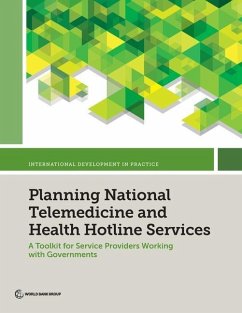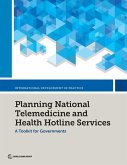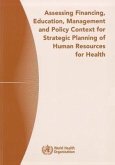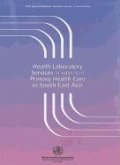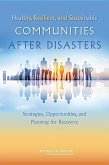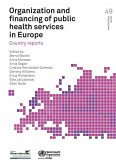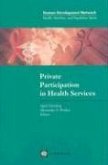The coronavirus (COVID-19) pandemic underscored the need for many countries to develop more effective and accessible primary health care systems, as well as more efficient ways to quickly disperse and collect health information. In particular, countries with low health care worker-to-population ratios, as well as large populations that do not live close to health centers, need better ways for their citizens to access health services. Telemedicine or health hotline services have shown for more than 60 years that they can help people to receive accurate and timely health information and make informed decisions about when to seek treatment. These services offer the ability to provide health information and care remotely, thereby extending the reach of the health care system, improving efficiencies, and enhancing the quality of care. Health services that are stewarded by governments and embedded into public health systems are more likely to sustain impact at scale. Government stewardship, however, benefits from private sector partnerships to help with implementation, scale, and sustainability. Planning National Telemedicine and Health Hotline Services: A Toolkit for Service Providers Working with Governments is designed to guide service providers interested in working with governments to establish nationwide telemedicine or health hotline services. The range of private sector services includes call center service providers, teleconferencing software providers, data centers/hosting providers, interactive voice response providers, hotline and reference software providers, software support service providers, and mobile network operators. The toolkit provides guidance in four key areas: - Engaging with governments - Supporting governments' five-year strategies and one-year road maps - Understanding technical considerations and producing realistic proposals and cost estimates - Ensuring the ongoing success of solutions. The success of these partnerships can lead to major advances in health services that reach more Communities and help to ensure successful and sustainable nationwide services.

